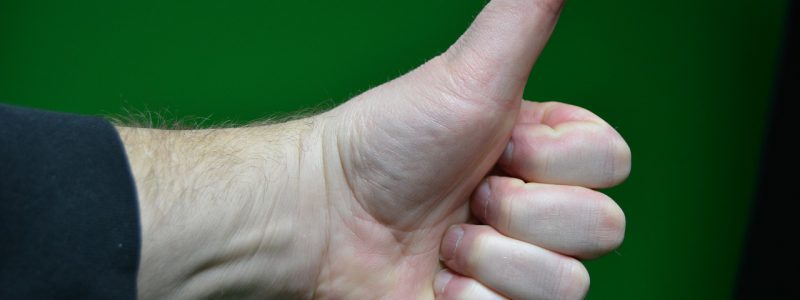
Testamentary Capacity & Medical Evidence
While medical evidence is an important factor in cases where the Testator’s capacity to make a will is disputed, there are other matters to be considered.
When a will appears to be manifestly unfair, leaving out a child for no apparent reason, it must raise questions about the state of mind of the Testator. This will inevitably lead to a look at available medical evidence, and potentially expert medical evidence based on GP or hospital notes made at the time the will was made. In Hawes v Burgess, the Court of Appeal considered the issue of medical evidence prepared for the court by an expert who had not examined the patient.
The facts in Hawes v Burgess
Mrs Burgess had 2 daughters and a son. Previous wills had treated her children equally. In 2007, Mrs Burgess created her final will which effectively disinherited her son Peter in favour of her daughters Libby and Julia. Mrs Burgess died in 2009, and had been suffering from vascular dementia at the time of her death. Peter and Libby challenged the will on the grounds that she did not have testamentary capacity and also that she did not have ‘knowledge and approval’. They relied on expert medical evidence prepared by a Professor Jacoby. He had not met Mrs Burgess. Julia relied on the fact that the solicitor who had prepared the will, Mr Webster, had followed ‘the golden rule’.
The judge at first instance upheld the challenge both on grounds of testamentary capacity and also on the grounds that Mrs Burgess lacked knowledge and approval. While the Court of Appeal upheld the decision on the grounds that there was a lack of knowledge and approval, they declined to uphold the decision on capacity.
The Court of Appeal found that
- Mrs Burgess had been close to Peter up until the point of her death
- Julia, the daughter who sought to rely on the 2007 Will had been instrumental in the making of it;
- Peter and Julia had fallen out at the time the disputed Will was made; and
- the solicitor, Mr Webster, had not send a draft Will to Mrs Burgess for her to check before executing the Will
Medical evidence after the event must be treated with care
In this case, the Court of Appeal was reluctant to find that there was a lack of capacity. The role of the experienced solicitor, Mr Webster, was crucial in this. He was independent, had taken instructions in person and had made attendance notes of the meeting. Even though Mr Webster was happy to accept that he had no medical training and had not seen Mrs Burgess alone when the will was drawn up, the Court of Appeal felt that his assessment of the deceased’s state of mind should not be overturned by medical evidence provided by someone who had not met the deceased. The situation might have been different had the solicitor been less experienced or been less careful in his or her notemaking; equally, if the medical evidence had been provided by someone who had treated or at least assessed the deceased at the time the will was made, this might have carried more weight.
Testamentary capacity and lack of knowledge and approval
As already mentioned, although the Court of Appeal declined to determine the case on the issue of testamentary capacity, the challenge to the 2007 will succeeded on the basis that there was a lack of knowledge and approval of the contents of the will. If there is evidence of testamentary capacity, knowledge and approval is likely to be presumed (although a will could be challenged on other grounds, for example that there has been undue influence).
However, if testamentary capacity is in doubt, or there are other suspicious circumstances surrounding the making of the will, a claim for knowledge and approval may be worth pursuing as it is then for the person seeking to rely on the will to show that the will does indeed reflect the intentions of the Testator.
If you have any questions about challenging a will, or if you benefit under a will which is being challenged, do get in touch to discuss your case!